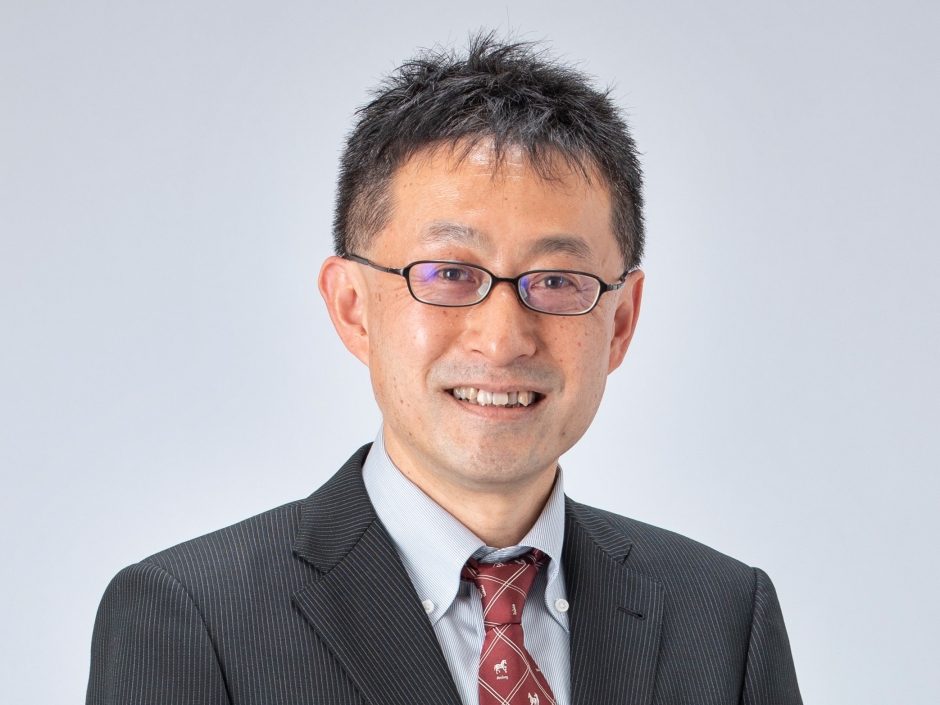- ニュース
- 第89回アジア太平洋研究センター(WIAPS)研究会
第89回アジア太平洋研究センター(WIAPS)研究会

Dates
カレンダーに追加0304
MON 2024- Place
- Zoom ウェビナー
- Time
- 12:25-13:00
- Posted
- Mon, 26 Feb 2024
開催日時
2024年3月4日(月)12:25-13:00
場所
ZOOMウェビナー
参加資格
WIAPS専任教員・助教, GSAPS兼担教員, WIAPS受入の交換研究員・訪問学者・外国人研究員, GSAPS修士課程・博士後期課程在学生
報告1
報告者
加藤 篤史(早稲田大学アジア太平洋研究科 教授)
報告テーマ
Political Economy of Policymaking
要旨
Although economic development is not solely determined by governments’ public policies, governments play a critical role in determining the economic development path. My research question is “Why do some countries adopt public policies conducive to economic development, while others do not?” Political leaders have the final decision-making authority on public policy, and they can be viewed as acting with the aim of attaining and maintaining their position as a political leader. Each society has a political institution for electing a political leader, and there are resources that are useful for the political survival of a political leader under a specific political institution. We call such resources “competitive resources” in this presentation. It is assumed that a political leader chooses the members of his/her winning coalition, considering the distribution of competitive resources and the affinity between the political leader and various actors. Forming a winning coalition means deciding on which actors will benefit through public policies. The formation and implementation of public policy and the attainment and maintenance of political leadership positions are continuous and simultaneous processes. Adopting this analytical framework, we can shed light on new viewpoints of mainstream theories related to policymaking.
